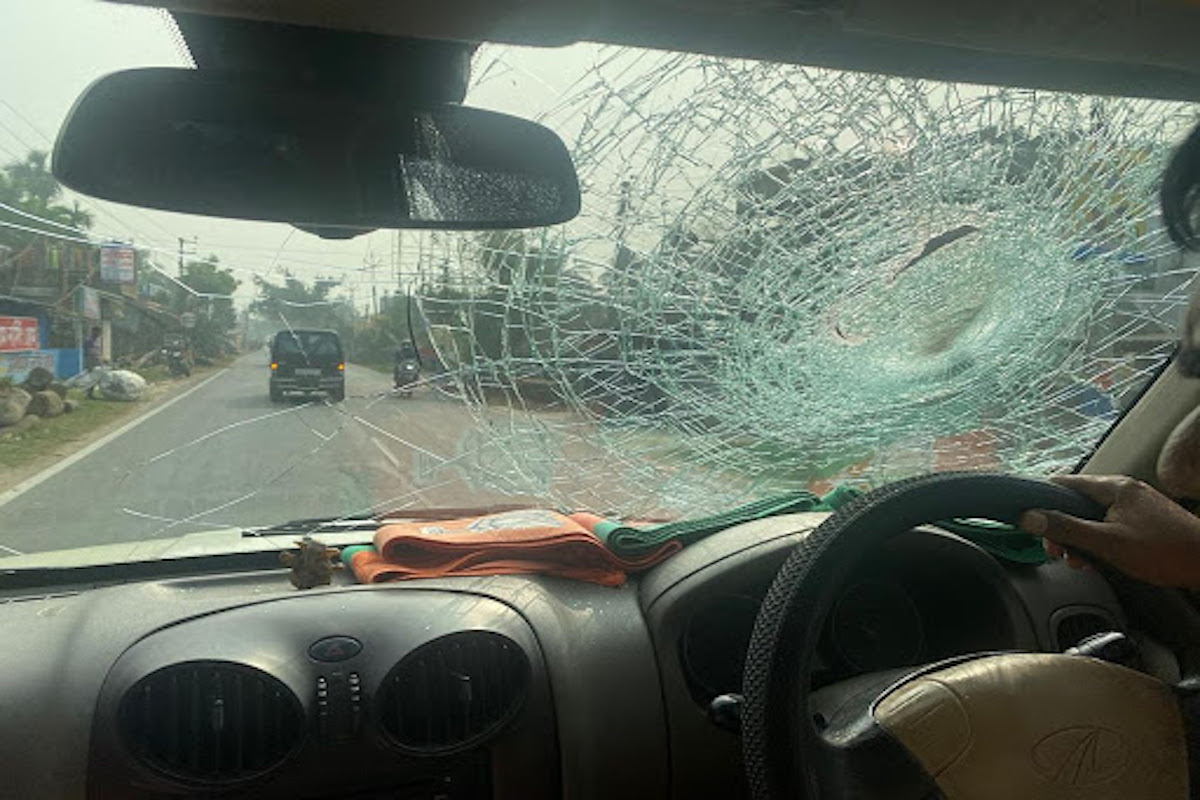5L plus students appear for HS exams this year
The West Bengal Council of Higher Secondary Education Examination (WBCHSE) kicked off today with more than five lakh students appearing for the board exams.
According to IPS (Cadre) Rules, the central government has the final word in a dispute with a state over the deputation of a police officer to the Centre. Rule 6 (1) is explicit: “In case of any disagreement, the matter shall be decided by the Central Government and the State Government or State Governments concerned shall give effect to the decision of the Central Government.”

(Photo: Twitter/@RoopaSpeaks)
The most significant impact of the Union government’s decision to send three senior Indian Police Service officers, who were in charge of security when BJP president JP Nadda’s motorcade came under attack on Kolkata’s outskirts last week, on deputation to the Government of India is not political but structural. It brings out in stark relief the unresolved contradiction between two divergent interpretations of the Constitutional scheme of things ~ is India essentially a unitary state with some federal characteristics or is the system premised on a federal architecture with unitary bells and whistles? Politics, in this case between the incumbent TMC which is in power in West Bengal and clearly believes the latter interpretation is correct, and the challenger BJP which holds sway at the Centre and is certain that the former proposition is sound, has only accentuated this systemic fault line.
According to IPS (Cadre) Rules, the central government has the final word in a dispute with a state over the deputation of a police officer to the Centre. Rule 6 (1) is explicit: “In case of any disagreement, the matter shall be decided by the Central Government and the State Government or State Governments concerned shall give effect to the decision of the Central Government.” In theory, therefore, there is absolutely no question that the Union has overriding powers when there is conflict between it and its constituent parts.
Advertisement
The argument that subjects under the Union, State, and Concurrent Lists have been demarcated so the domains of the respective governments are defined does not fly because that is an arrangement which works only when there are no major differences of opinion and varying interpretations are not part of the mix. The fact is that these clashes come to fruition when the political dispensations in power at the state and the Centre are not the same, unlike for the initial decades after Independence. This state of affairs will continue and get more visceral unless the electorate in its wisdom opts for a one-party-dominated political system.
Advertisement
As things stand, there may not be much the Mamata Banerjee administration can do to prevent the Union government’s will from being enforced except what it is currently doing ~ stoutly refusing to play ball. But that is a strategy which is subject to the law of diminishing returns because sooner rather than later officers of the All-India Services themselves, unless they harbour political ambitions, will deem it politic to fall in line with the Delhi’s directions. Politically, the TMC needs to pick its battles better because administratively, especially on the law-and-order front, it has already suffered grievous wounds. The BJP, on the other hand, would be well-advised not to delude itself into thinking a return to the one-party dominant system is a fait accompli.
Advertisement